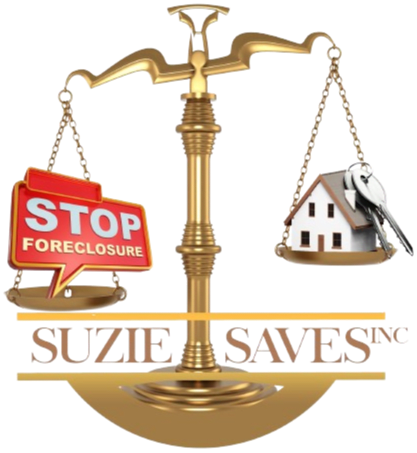What is Foreclosure?

Posted on February 14, 2022
A foreclosure is the legal process used by a mortgage lender to seize ownership of property in default. A foreclosure is when the lender takes over a property after a borrower has missed multiple mortgage payments. A foreclosure is merely a legal process that lenders use to take back the ownership of a home when the borrower misses mortgage payments. Foreclosure is a legal process whereby a creditor attempts to collect on amounts owed on a defaulted loan by taking possession of the mortgagees property and selling it.
Foreclosure is an umbrella term for a process used by a mortgage-holder, or forecloser, to seize the mortgaged property from borrowers who have defaulted on their mortgages. Foreclosure means that the lender seeks to take ownership of the house when the borrower–the homeowner–does not make payments on the mortgage loan used to purchase the house. Foreclosure is the legal process whereby a lender attempts to collect on the loan balance of a borrower who has stopped making payments to the lender, forcing the sale of an asset used as security against the loan. When a homeowner stops making payments on the loan used to buy a house, the house is considered in foreclosure.
In such cases, a mortgage lender files suit against the homeowner, and if the borrower does not pay in the court-ordered period of time, the home may be taken over by the mortgage lender. When the lender uses a nonjudicial foreclosure procedure against a borrower who has defaulted on a mortgage on his or her primary residence, the lender waives its right to seek judgment against the borrower on a default. The process for judicial foreclosures derives their legal foundation for the foreclosure procedure from the mortgage, or deed-of-trust, contract, which gives the lender the right to use property as collateral if the borrower fails to comply with the terms of the mortgage documents. The foreclosure process, as applied to home mortgage loans, is when a bank or other secured lender sells or repossessess a piece of real estate after the property owner has failed to follow the agreements between a lender and the borrower called the mortgage or deed of trust.
More often, lenders will go through a process called mortgagee seizure (or, alternately, repossession, in cases in which the bank also initially sold the property). Because the pool of buyers who can afford to pay cash for the home outright is limited, many lenders enter into a settlement agreement with borrowers (called a deed of lieu of foreclosure) in order to repossess the property. If the court-ordered foreclosure is approved, either the local sheriff auctions off the mortgagees property to the highest bidder in order to attempt to recover what the lender is owed, or the bank becomes the owner and sells the property in a traditional manner in order to recover its losses. Foreclosures can increase financial problems, especially if your state allows a judgment of deficiencies, meaning that borrowers are owed the difference between what is owed on a foreclosed property and the amount that the property ultimately sold for at auction.
Cited Sources
- https://www.forbes.com/advisor/mortgages/foreclosure-basics/ 0
- https://www.zillow.com/foreclosures/overview/what-is-a-foreclosure/
- https://www.investopedia.com/terms/f/foreclosure.asp
- https://www.bankrate.com/mortgages/what-is-a-foreclosure/
- https://www.courts.ca.gov/1048.htm?rdeLocaleAttr=en
- https://www.lendingtree.com/home/mortgage/foreclosure-definition/
- https://corporatefinanceinstitute.com/resources/knowledge/other/foreclosure/
- https://www.law.cornell.edu/wex/foreclosure
- https://www.debt.org/real-estate/foreclosures/
- https://en.wikipedia.org/wiki/Foreclosure
